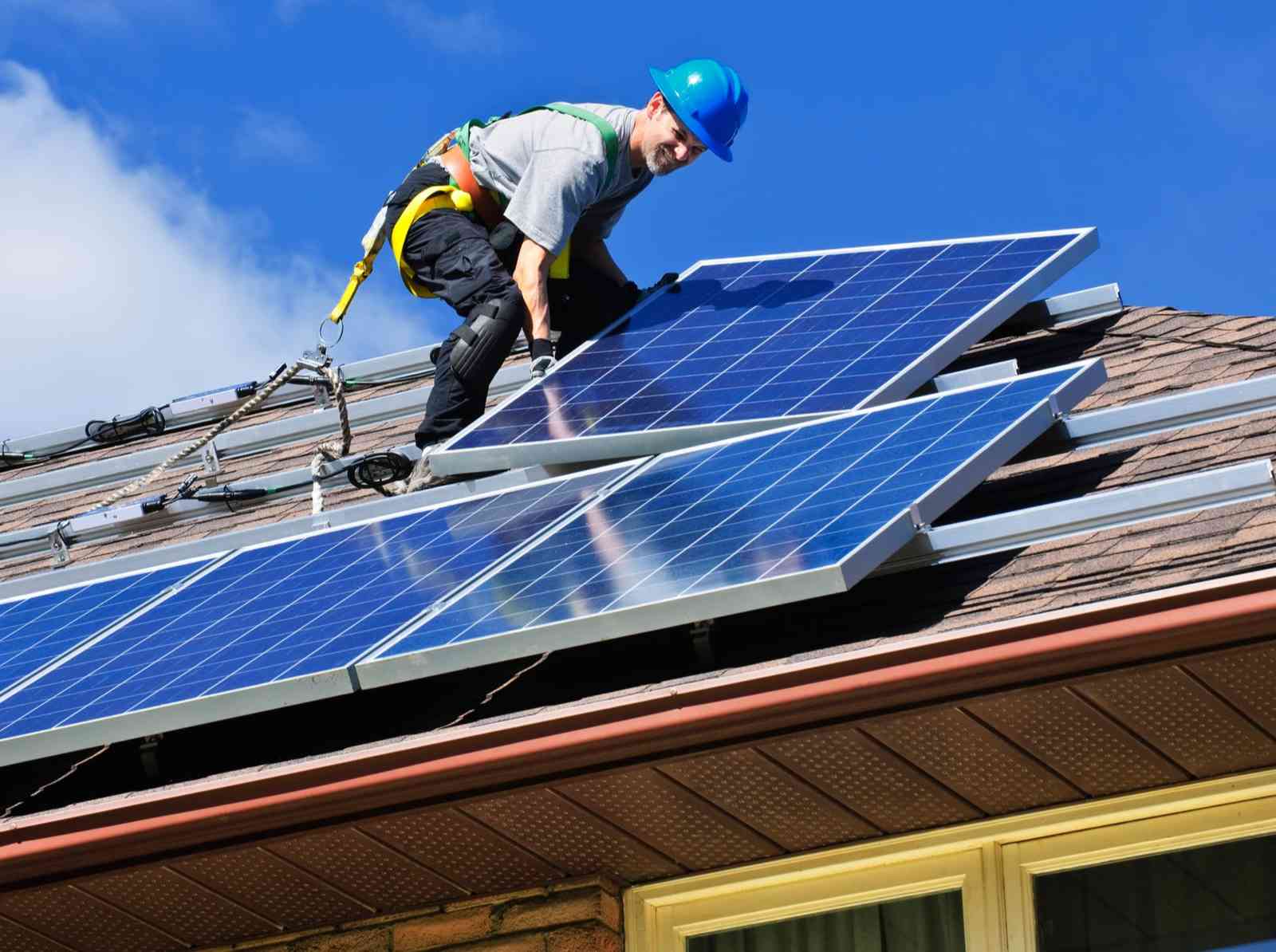Solar panel leasing is emerging as a popular option for homeowners seeking sustainable and cost-effective energy solutions. By offering an avenue for solar power without significant upfront costs, leasing makes renewable energy accessible to a broader audience. This article delves into the intricacies of solar panel leasing to help you understand its benefits.

Understanding Solar Panel Leasing
Solar panel leasing involves an agreement that allows homeowners to use solar energy systems without purchasing them outright. Instead of paying the full price for installation and equipment, homeowners pay a monthly fee to lease the panels from a provider. This model is especially appealing to those who prefer not to manage installation or maintenance concerns. The leasing company typically owns and maintains the solar panels, which significantly reduces the hassle for the homeowner.
Advantages of Solar Panel Leasing
Leasing solar panels comes with several benefits:
- No Upfront Costs: One of the biggest attractions of solar panel leasing is the elimination of large upfront payments. This makes solar energy more accessible to a wider group of people who might be deterred by the high initial costs of purchase.
- Maintenance Included: Typically, the leasing company takes care of maintenance and repairs, reducing stress and ensuring the system operates efficiently.
- Lower Energy Bills: By using solar energy, homeowners can reduce their dependence on the grid, leading to significant savings on monthly energy bills. For more insights visit How solar leasing cuts energy bills with no upfront cost.
Choosing Between Leasing and Buying
Deciding whether to lease or buy solar panels can be a significant decision. Both options have their merits, and the right choice depends on various factors including financial goals and long-term plans. A purchased solar system comes with potential tax incentives and contributes to property value, while leasing offers financial flexibility and ease of maintenance. A detailed comparison can be found at Leasing vs buying solar panels: which option is best?.
The Economics of Solar Leasing
To provide a clear picture of the potential savings through solar leasing, consider the following sample pricing table. This table showcases typical monthly leasing costs and estimated energy savings.
| Provider | Monthly Lease Cost (£) | Estimated Annual Savings (£) |
|---|---|---|
| Solar Solutions Ltd. | 45 | 200 |
| Green Tech Energy | 50 | 250 |
| Eco Sun | 40 | 220 |
| Bright Future Solar | 52 | 260 |
| Sun Power Co. | 55 | 300 |
| Clean Energy Partners | 47 | 230 |
| Nova Solar | 53 | 280 |
| Eco Grid Solutions | 49 | 240 |
| Sunshine Co. | 46 | 210 |
| Radiant Sun Ltd. | 44 | 220 |
Challenges and Considerations
While leasing has many benefits, it also poses challenges. Homeowners must commit to long-term contracts, usually ranging from 15 to 25 years. Early termination can incur significant fees. Moreover, renting a roof space could lead to complications if the homeowner wishes to sell the property. For more on previous experiences with roof leases, refer to Rent-a-roof solar panels: what went wrong?.
Lease-to-Own Solar Options
An exciting variation of leasing is the lease-to-own model, which allows homeowners to eventually purchase the solar panels at a reduced cost after a predetermined period. This option provides flexibility and the opportunity to benefit from ownership in the long run. Explore further at Lease-to-Own Solar.
Conclusion
Solar panel leasing presents an intriguing opportunity for many UK homeowners to adopt renewable energy without incurring hefty upfront costs. With the added benefits of maintenance and lower energy bills, it's clear why this model gains popularity. However, careful examination of contracts and long-term considerations are crucial before committing. For a comprehensive look into solar leasing, refer to Solar Panel Lease - Fully maintained - No upfront cost.


